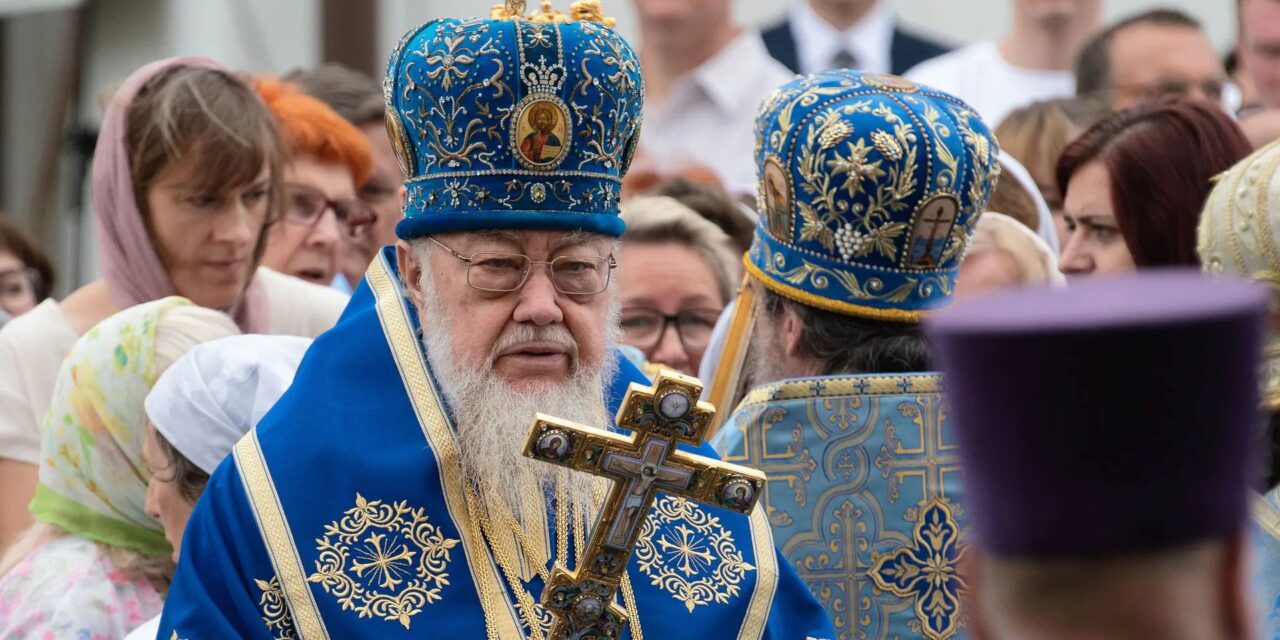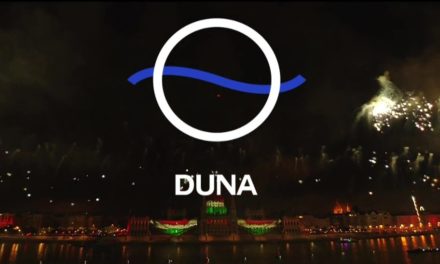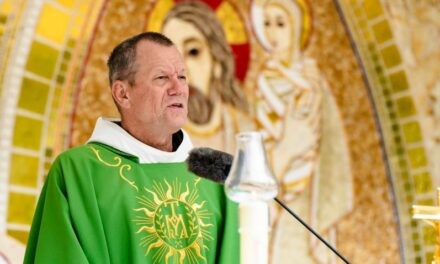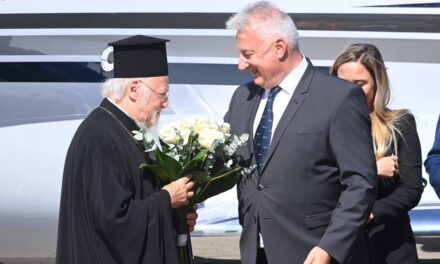However, this letter was extremely important, as it came from the church leader of a country whose relationship with Russia is more than controversial.
But what happened? On February 1, Patriarch Kirill, Primate of the Russian Orthodox Church, celebrated the 14th anniversary of his inauguration, on which occasion he was congratulated by Metropolitan Sava, Primate of the Polish Orthodox Church, among others.
It is remarkable in itself, writes The European Conservative , that in a region
"where national churches and religious disputes define geopolitics, the church leader of a country with a historically fraught relationship with the Russians expresses his support and opposition to the Ukrainian government."
the Polish news portal Do Rzeczky
"the letter written by Metropolitan Sava in honor of the occasion expresses sympathy for the Russian approach and seems to accuse Ukraine of working to destroy the Russian Orthodox Church."
In his letter, Metropolitan Sava stated that
"the enemy of the faith does not like the stability of the church - he tries to destroy it. What happened in Ukraine testifies to this"
– referring to the fact that the Ukrainian government has banned the Russian Orthodox Church from operating in Ukraine, which many consider a serious violation of religious freedom.
However, contrary to media opinion, the Ukrainian government saw the move as a drastic but necessary war measure, as it suspects that Moscow-linked Orthodox communities and priests support pro-Russian positions and actively cooperate with the Kremlin.
Commenting on the case, Patryk Panasiuk, an expert on the Orthodox Church and president of the Hagia Marina Foundation, said that Metropolitan Sava's letter to the Moscow Patriarch went beyond the usual protocol that would be expected on such an anniversary, and argued that it undermined the close relationship between the two Orthodox superiors. indicates.
"I am embarrassed by this letter, especially because it is another occasion when the authorities of the Polish Orthodox Church are openly on the side of the Moscow Patriarchate"
Panasiuk said, then continued:
"It seemed to me that there was a change in our church during the Russian attack on Ukraine. I thought there would be a retreat from the Russian world and we would turn to Greece, where Polish and Ukrainian Orthodoxy originated. Unfortunately, the Orthodox Church in Poland is becoming an intermediary for the narrative of the Moscow Patriarchate, especially in relation to the Autocephalous Church in Ukraine.
This proves that Russia still has devoted people in the Polish Church who, moreover, enjoy the umbrella of our hierarchy. However, I am convinced that neither Polish society nor the Orthodox community in Poland is interested in increasing tensions. Despite all this, however, the attitude of our metropolitan [bishop] can and should be worrisome.”
The tension was heightened by the decision to publish the incriminating letter on the official website of Patriarch Kirill of Moscow.
This was one of the few congratulatory letters that came from a figure outside the world of East Slavic politics.
We could joke that all miracles last for three days, but in this case, unfortunately, it stops, because on February 4, after the intense domestic political storm caused by the letter, Archbishop Száva "admitted" that he had made a mistake and apologized for his words, as soon as:
"In the spirit of the upcoming Atonement Sunday in our church, I turn to you, my brothers and sisters in Christ, as well as to all my compatriots: forgive me, a sinner."
But he also added that he does not support Kirill's pro-Kremlin narrative on the Russo-Ukraine war, noting that he and the Polish Autocephalous Orthodox Church
"unequivocally supports the independence of the Ukrainian Orthodox Church".
It's all in vain - politics.
Featured image: Metropolita Sawa, zwierzchnik Polskiego Autokefalicznego Kłocza PrawosławnegoŹródło / PAP, Photo: Michał Zieliński












